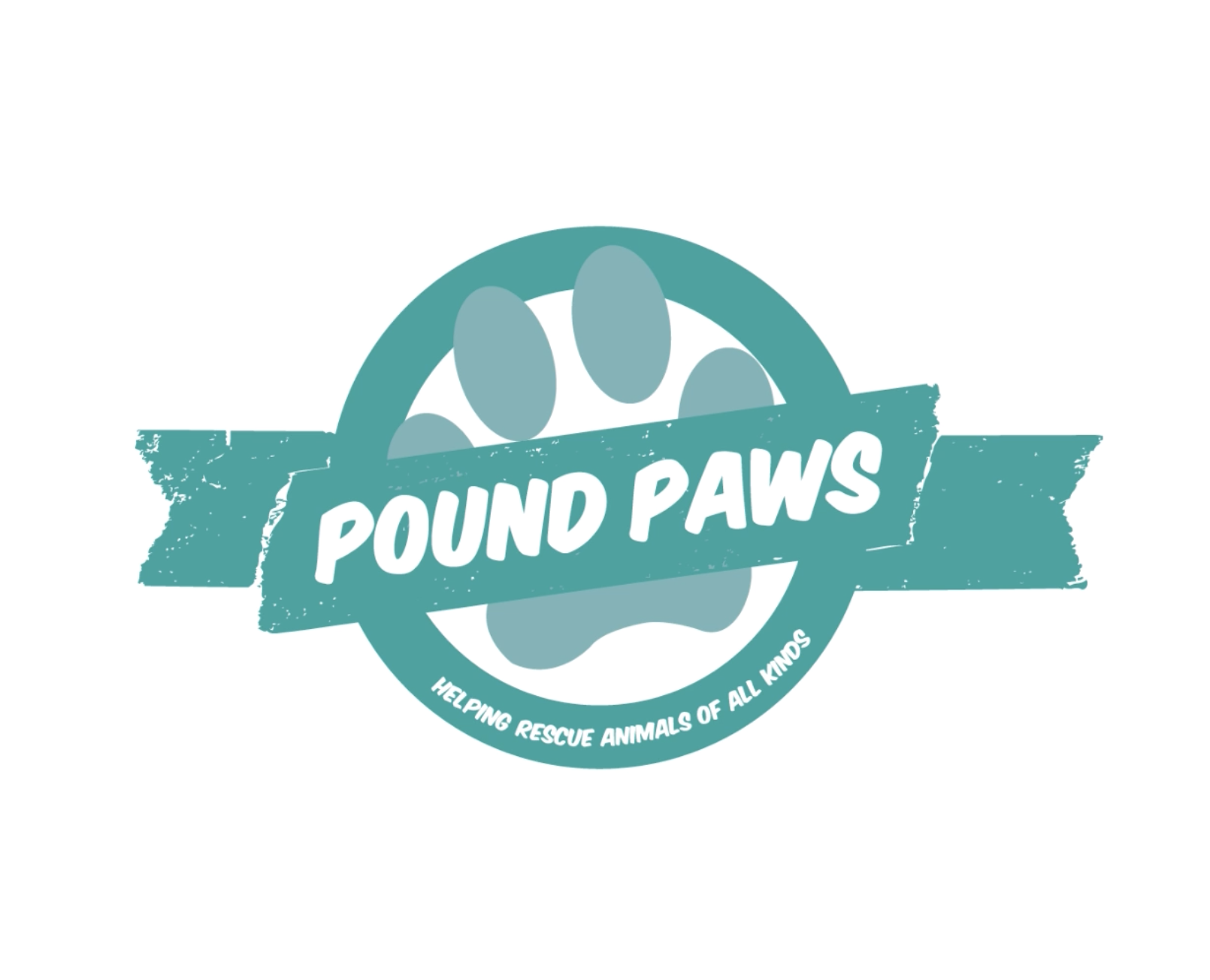November is National Pet Cancer Awareness Month
- Pound Paws

- Nov 3, 2022
- 3 min read
With 1 in 4 dogs developing cancer, a timely reminder to check your dog for lumps and bumps
On a mission to find a treatment for canine lymphoma, biotech company PharmAust is reminding dog owners to check their dogs this National Pet Cancer Awareness Month for any unusual lumps under their skin that may be signs of cancer.

Close to 50% of dogs over the age of 10 will develop cancer and approximately 1 in 4 dogs will at some stage in their life develop cancer, according to the Vet Cancer Society.
Lymphoma is a common and aggressive cancer diagnosed in dogs. Symptoms can include swellings (enlarged lymph nodes), lethargy, weight loss and loss of appetite.
“At the moment, there is no cure for B cell lymphoma. Studies show only 50% of dogs with B cell lymphoma will survive without treatment for around 30 days and the other half will mostly have severe progressive disease,” said veterinarian Dr Kim Agnew, who is the Principal Investigator of PharmAust’s anti-cancer drug trial for dogs with b cell lymphoma.
“Currently, the best indicated treatment option for canine lymphoma is chemotherapy, which comes with its own set of logistical challenges regarding access to treatment and adverse events. However, 20% of dogs can be expected to live for 2 years, but unfortunately, relapse can occur within six to 12 months of treatment.”
Working towards an alternative successful treatment for canine lymphoma, PharmAust is continuing recruitment of pet dogs in Australia, New Zealand and United States with untreated B cell lymphoma to finalise evaluation of a promising, newly formulated anti-cancer drug, Monepantel (MPL).
“MPL is already approved for veterinary use for a different indication and species, and PharmAust is aiming to repurpose MPL as a safe and effective cancer treatment,” said Dr Agnew.
PharmAust is encouraging dog owners to check their dogs for unusual lumps and bumps under the skin that may be a sign of cancer.
“This is something you should be doing on a regular basis,” said Dr Agnew. “The most noticeable symptom of lymphoma is swollen lymph nodes, which can be detected in several locations, including under the jaw, prescapular lymph nodes (when throat goes into the chest), under the armpits, inner thighs and right behind the knee.”
How to check your dog safely for lumps and bumps
Always praise your dog for being tolerant of being touched all over and offer rewards (food or praise) throughout the process. Your pooch will be happy to be petted on a regular basis and love the extra attention!
Best way to check your dog’s body for lumps and bumps is to take a nose to tail approach.
Using gentle pressure, start with feeling your dog’s head and run your hands around his face, paying particular attention to under the jaw and around the neck.
Move your hands down the chest, over the arms and feel under the armpits. Then run your hands across the underside of the tummy paying particular attention to the mammary area in female dogs.
When your dog stands up, look under the tail and check around the back passage, then run your hands down the legs.
If you do find any lumps or bumps on your dog, particularly if they look sore or ulcerated, visit your vet!
PharmAust Monepantel anti-cancer drug trial
During Phase 2a and Phase 2b trials, Monepantel demonstrated effective anti-cancer activity and minimal side effects, which supports continued development into Phase 3 registration trials, said Dr Agnew.
“We want to provide a canine lymphoma treatment option that can be administered daily by the owner and allow the dog to maintain an excellent quality of life during treatment. Survival expectations are anticipated to align to a range of single active chemotherapy programs in dogs,” he said.
In Australia, participating veterinary trial centres have been set up in New South Wales, Queensland and Western Australia. For trial eligibility, participant case studies and veterinary trial centre locations, visit www.pharmaust.com/petdogtrial

#PetCancerAwareness #CanineLymphoma #PharmAustMPLTrial About PharmAust Limited PharmAust (PAA) is a clinical-stage company developing targeted cancer therapeutics for both humans and animals. The company specialises in repurposing marketed drugs lowering the risks and costs of development. These efforts are supported by PAA’s subsidiary, Epichem, a highly successful contract synthetic drug manufacturer which generated $3.4 million in sales of goods & services in FY 2022. PAA’s lead drug candidate is monepantel (MPL), a novel, potent and safe inhibitor of the mTOR pathway - a key driver of cancer. MPL has been evaluated in Phase 1 clinical trials in humans and dogs. MPL treatment was well-tolerated in humans, demonstrating preliminary evidence of anticancer activity. MPL demonstrated objective anticancer activity in dogs. PAA is uniquely positioned to commercialise MPL for treatment of human and veterinary cancers as it advances the drug into Phase 2b clinical trial. To discover more, visit www.pharmaust.com





Comments